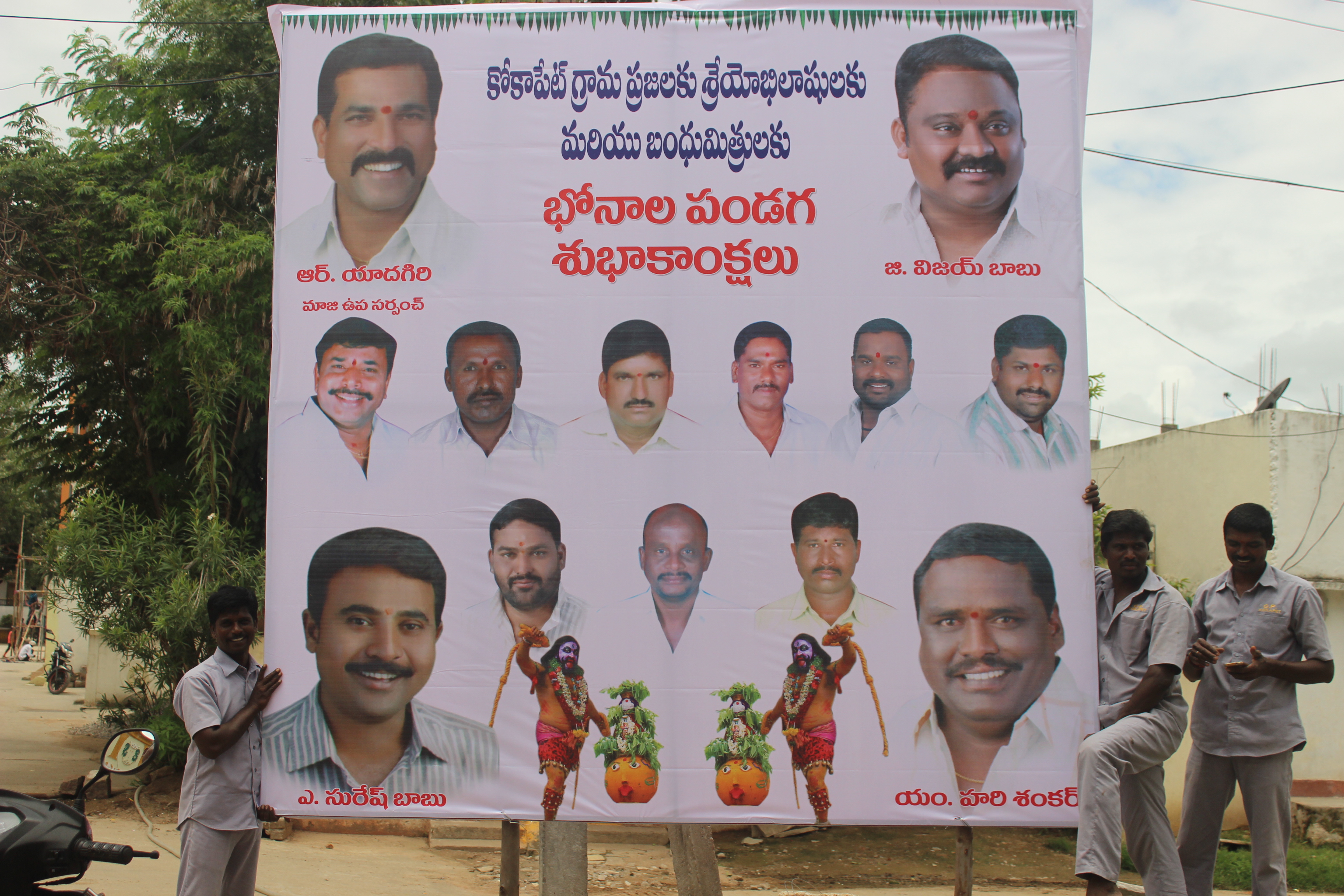
Power Dynamics in Informal Water Markets: The Case of Kokapet.
Informal water market plays a crucial role in meeting the drinking and domestic water security of the peri urban community. Increasing reliance on private informal water vendors in all the study villages shows their significance. However informal players like private RO companies, households or individual farmers selling water, does not operate in isolation, but in relation with formal players. The interplay between formal and informal players mediated by power and politics determines who accesses what water. In fact a change in power dynamics shows stark changes in the way the market plays out in peri urban spaces.
Kokapet demonstrates a case where the institutional arrangements between the Gram Panchayats (GPs) and informal water vendors have altered water-selling situations during crisis period. The formal arrangement lays provision for the GPs to hire private water vendors (tankers) for drinking water supply particularly during normal lean season and draughts. The arrangement determines the quantum of water to be mined from Kokapet. The panchayat has the discretion of controlling the water extraction and transfer outside the village. The panchayat thus puts a halt on the spatial flow of water outside the village, unless the water sellers provide water to the panchayat first, so that villagers have access to this water.
This is what happened twice in the month of April, 2016. The first time, the panchayat asked the water sellers to sell water to the panchayat for a few days and then sell water outside. When the sellers didn’t oblige, the panchayat tampered their electricity connection without which they could not extract water from bore wells. So the water sellers were forced to provide water to the panchayats, after which they were allowed to sell outside. Although the panchayat promised to pay each seller 15000 rupees, none of the sellers got paid, except T1K (name changed).
The second time this happened, the water sellers had stop providing water to the panchayat, as they never got paid. This time around, they were more prepared for the situation, and used diesel generators to pump water. But the panchayat confiscated their generators, leaving them helpless again. The sellers protested, and asked the panchayat to give them an alternative source of livelihood, if it does not want to pay them or let them continue their business. After many negotiation, the generators were returned, after a warning to provide water to the panchayats whenever absolutely necessary. Community had to make several protests against the tankers, persuade the local government to access even the paid water sources.
Nepotism of the local governments also influences informal water operations significantly observed in Kokapet. The private water market has always been oligopolistic, however political nexus between the dominant casts and government has made it largely monopolistic. Dominance of single seller narrates the story of power politics. When questioned about reason for the payment to only a single seller T1K, the panchayat claimed that it was because this particular seller never sold water outside the village. Thus his payment came as a sort of incentive for his loyalty to his village. But when the other water sellers were asked, they said that everyone, including the panchayat knew that T1K sells water outside the village, especially at night. An inquiry into the background of this seller lead us to the information that T1K’s father used to be a former MPTC (Mandal Parishad Territorial Constituency) member, and that the Sarpanch was in good terms with him. Apart from that, T1K was the most educated of the sellers, and also belonged to a well to-do family from the village. The payment made only to him could also be because of the higher social status he possesses over others, and the fact that the panchayat did not consider equal to the other sellers to withhold his payment.
Privatisation of the drinking and domestic water market is rampant in urban and periurban space. However how the market will behave, the extent it will exploit depends on the complex relation between formal and informal players.
By Anshika John and Poulomi Banerjee
LEAVE A COMMENT